When Is It OK to Correct Someone With Dementia?

Written by Being Patient What do you do when your loved one with dementia says things that aren’t true? Many people have good intentions when they correct their loved one, but experts say this approach isn’t always helpful. According to dementia care expert Teepa Snow, a fellow of the American Occupational Therapy Association, if someone […]
Eli Lilly’s Kisunla for Alzheimer’s Hits the U.S. Market
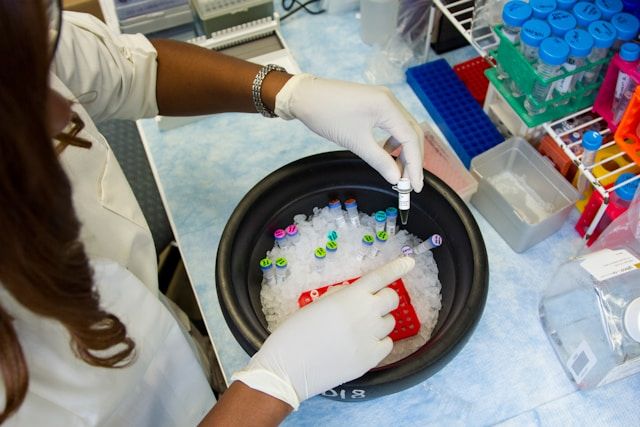
Written by Being Patient The FDA approved Eli Lilly’s disease-modifying drug Kisunla (generic name donanemab) on July 2nd, a few weeks after the drug was unanimously recommended for approval by a committee of independent advisors to the FDA. Kisunla joins Leqembi as one of two Alzheimer’s monoclonal antibody drugs approved by the FDA in the […]
Do Statins Cause Dementia?

Written by Being Patient About one in four Americans over 40 take drugs called statins, which lower levels of cholesterol, to help prevent cardiovascular disease. You might recognize some of these drug names if you or someone you know has high cholesterol: Lipitor, Lescol XL, Altoprev, Livalo… These statins prevent cholesterol build-up in blood vessels […]
3 Reasons Black Americans Have Higher Dementia Risk

Written by Being Patient Experts estimate that, by 2030, more than 8 million Americans will be living with Alzheimer’s disease or another form of dementia. Black Americans will make up a disproportionate amount of these cases: They are twice as likely to develop these diseases than their white counterparts. Despite ongoing research, scientists still can’t […]
Are We Flushing Away the First Signs of Alzheimer’s?

Written by Being Patient There are a few new drugs out there that can actually slow down Alzheimer’s disease. But, by the time around half of Americans get their diagnosis, it’s too late to intervene. Scientists hope a simple new kind of test could make it possible to catch Alzheimer’s while there’s still time to […]
Summer Travel: How to Plan a Vacation Around Dementia

Written by Being Patient Just because your loved one has dementia doesn’t mean you have to stop taking trips or vacations together. While it may make travel more daunting, research supports the benefits of outdoor activity for people living with dementia — and experts are offering guidelines to make planning an outdoor vacation manageable, safe, and […]
The Link Between Seizures and Dementia

Written by Being Patient As people age, changes to their blood vessels caused by high blood pressure, cholesterol, or other cardiovascular risk factors, damages the brain and predisposes it to a variety of different diseases including dementia and epilepsy. In the U.S., epilepsy affects roughly three million adults and is a disorder characterized by recurrent […]
3 Things You Should Know About Alzheimer’s Blood Tests

Syndicated by Being Patient The internet is abuzz with claims that blood tests could predict dementia 15 years out or even spot Alzheimer’s before symptoms set in. The gold-standard methods for diagnosing Alzheimer’s up to now have been lumbar punctures and PET brain scans, but they can be uncomfortable, expensive, or hard to access. That’s […]
What’s the Difference Between Alzheimer’s and ‘Dementia’?
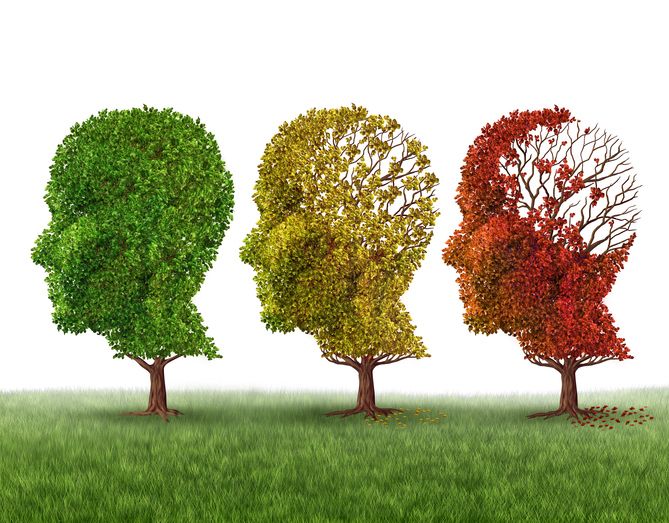
While many people use Alzheimer’s and dementia interchangeably, these don’t mean the same thing. So what exactly is the difference? Dementia is a set of symptoms: memory loss, problems with language, changes in behaviors, and difficulties with thinking or planning. A number of neurodegenerative diseases come with this set of symptoms. The most common is […]
Can You Reverse Mild Cognitive Impairment?

Feeling fuzzy lately — fuzzier than usual? Nearly one in five Americans over the age of 60 experience subtle downturns in memory, thinking, and cognition. Doctors refer to this downturn in cognitive abilities as mild cognitive impairment (MCI). MCI can sometimes turn into something more serious. One in six people living with MCI eventually go on […]
Aging Doesn’t Always Mean Cognitive Decline

Many people believe that cognitive decline is an inevitability as we get older — or that dementia is just a normal part of aging. But in fact, while age is perhaps the most significant risk factor for cognitive decline, this isn’t the case for everyone. Many people stay sharp even into their 70s, 80s, 90s […]
What Factors Affect How Fast Dementia Progresses?

Every year, 10 million people worldwide are diagnosed with some form of dementia. Some people can live fulfilling lives for decades after a diagnosis, managing symptoms through combinations of customized care, medications, and non-drug interventions. Other people may have a different experience, and a steeper decline that takes place over just a few years. Exactly […]
Could an Infection Lead to Alzheimer’s?

Alzheimer’s researchers make the case that infections as common as gingivitis could be the disease’s root cause. In the brains of people with Alzheimer’s disease, beta-amyloid plaques — sticky globs of protein — build up and get in the way of neurons, eventually causing them to die off. For decades, scientists have focused on developing […]
What Can Puzzles and Brain Training Games Do for Your Memory Skills?

Exercise helps build muscle and keep the body healthy. Do games and puzzles have a similar effect on the brain? Surprisingly, experts say, some actually do. There are billions of cells in the brain sending electrical signals to one another. If a series of brain cells always fires in sequence, those cells form a strong […]
3 Things That Might Help “Superagers” Avoid Alzheimer’s

Age is the biggest risk factor for Alzheimer’s. Approximately 10 percent of people over the age of 65 develop the disease. And for most of us, getting older is something we just can’t avoid. As global public health experts expect dementia cases to triple by 2050, scientists are racing to find ways to stop the […]
What is TDP-43 and How Does It Contribute to Alzheimer’s?
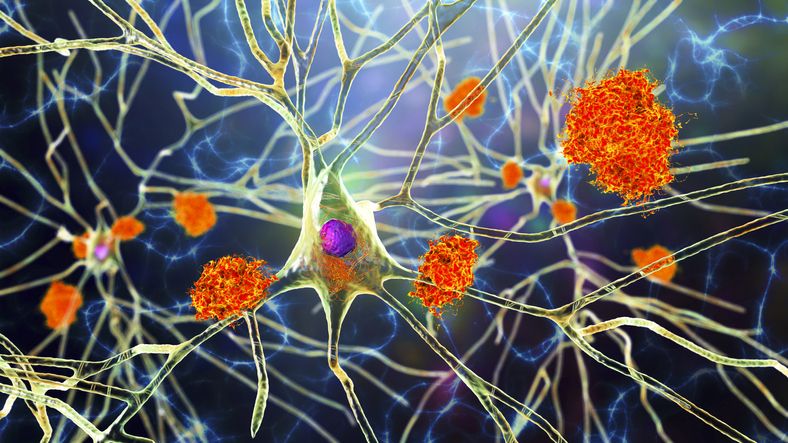
Scientists have linked the progression of Alzheimer’s to the buildup of specific proteins in the brain. One of the best-known of these Alzheimer’s biomarker proteins is called beta-amyloid, which builds up in the brain in a thick plaque that gets in the way of neurons, eventually causing them to die. There are a now a […]
Indigenous Amazonians Don’t Develop Alzheimer’s – Why?

Is there any surefire way to prevent Alzheimer’s diease? Data published in The Lancet found that as many as 40 percent of dementia cases are preventable by addressing modifiable, lifestyle-related risk factors, such as high blood pressure and obesity. And yet, there are some people who, even though they follow every science-backed suggestion about lowering […]
What Causes Dementia? Debunking Four Myths

The stigma surrounding dementia has decreased in recent years, but there are still a lot of myths and misinformation making the rounds online. Dementia is a condition affecting more than 55 million people worldwide. It causes problems with language, memory, and cognition. Scientists still don’t fully understand what causes dementia, but they have safely ruled […]
Cancer Appears to Reduce Dementia Risk – Here’s Why

People diagnosed with cancer are less likely to develop dementia. This strange relationship between these two diseases may help reveal a dementia treatment. Dementia is increasingly prevalent, but there certain lifestyle changes may reduce your risk. For example, eating a Mediterranean-style diet and regular exercise are shown to lower a person’s chances of developing Alzheimer’s […]
How to Manage Alzheimer’s Symptoms

Symptom management in Alzheimer’s helps people remain independent for longer. Alzheimer’s disease is a progressive neurodegenerative condition affecting more than one in every nine Americans over 65. With strategic management of Alzheimer’s symptoms — which can include a combination of FDA-approved treatments, non-drug interventions and approaches to Alzheimer’s care — people may live relatively independent […]
What Causes Dementia? Debunking Four Myths
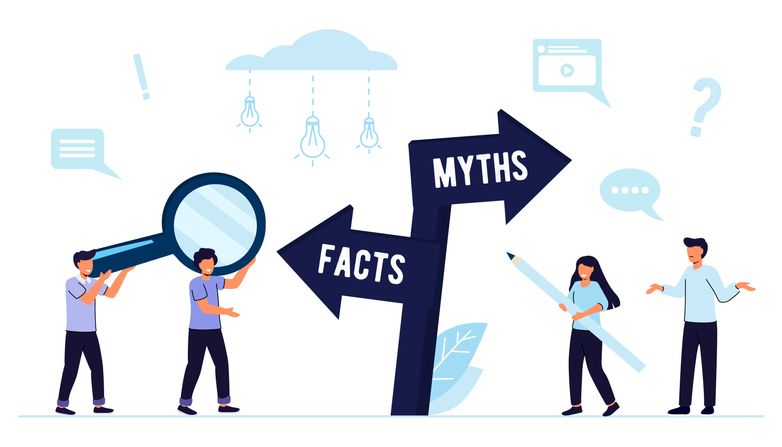
Dementia is a complex condition with no singular cause — it doesn’t stem from one single lifestyle decision, and it isn’t an inevitable symptom of aging. But, there’s plenty of misinformation online claiming otherwise. Take these examples: Alzheimer’s is a condition affecting more than 30 million people worldwide. It causes problems with language, memory, and […]
Aging Makes Us More Vulnerable to Financial Scams: Here’s How to Spot Them

Your phone rings out of the blue. It’s an unknown number. Picking up, you hear a gruff, aggressive voice on the other end. They tell you they’re from the IRS, your taxes are overdue, and you will be arrested if you don’t pay up in the next six hours. This is a typical script for […]
When a Fall is a Red Flag for Cognitive Decline

Frequent falls may be a sign of something more serious. Cognitive testing could help rule out brain health problems. As people age, they may begin to lose muscle mass and bone density. It might make familiar physical activities substantially more challenging. For adults over the age of 65, these changes could lead to falls — and […]
How Much Sleep Do You Need for Brain Health?

Experts share why everyone might have different sleeping needs, along with guidance on overcoming insomnia. Do you know if you’re getting enough sleep? Scientists have analyzed the sleeping habits of millions of individuals, and found that sleep is important for maintaining brain health. Getting a sufficient amount of sleep even appears to reduce the risk […]
How to Reduce Dementia Risk By Lowering Cholesterol

“A lot of the new thinking is, if it’s good for your heart, it’s good for your brain,” says Dr. Gregory Jicha, a neurology professor at the University of Kentucky. “That’s a simple way for us to remember: things like cholesterol and exercise that prevent heart disease also prevent wear and tear on the brain.” […]
What Role Do Amyloid Plaques Play In Alzheimer’s?
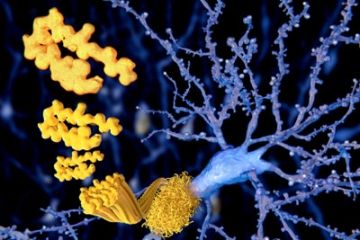
Amyloid plaques are a hallmark of Alzheimer’s disease. The interesting thing is, not everyone who develops these plaques gets Alzheimer’s. Answering this question could reveal new clues about the underlying cause of the disease. Scientists don’t know what causes Alzheimer’s. But the brain’s of everyone with Alzheimer’s do share a hallmark: clumps of toxic beta-amyloid […]
Brain Power: Understanding Bioenergetics

The brain’s power generators, mitochondria, could hold the key to Alzheimer’s disease. Understanding them better is also shedding light on the potential of diabetes drugs in treating Alzheimer’s. Despite accounting for just two percent of our body weight, the brain consumes 20 percent of the body’s energy. Driving energy production to fuel the brain are […]
Alector & Abbvie’s Alzheimer’s Phase 2 Trial is Recruiting

K2 Medical Research is recruiting for a Phase 2 trial of Alector and Abbvie’s new experimental Alzheimer’s drug, AL002. K2 is screening possible trial participants for a Phase 2 clinical trial of an Alzheimer’s drug called AL002. This antibody drug is designed to activate a receptor in the brain called TREM2. TREM2 is important because […]
Dogs for Dementia – Real Ones, and Robots

Long-term care homes are looking for new ways to improve the lives of their residents. Using dogs and dog robots, scientists have found an unlikely intervention that could reduce psychiatric symptoms in dementia. There’s a good reason that cute dog videos regularly reach millions of views on YouTube or Facebook. Anyone with a dog will […]
Coffee & Alzheimer’s Disease – What’s the Verdict?

By: Simon Spichak With all the seemingly contradictory headlines, it is hard to tell whether coffee is good or bad for you. This article explores the issue. There’s nothing like the first cup of coffee in the morning to jumpstart the day. Because the average American drinks more than three cups of coffee every day, […]
Eli Lilly’s Donanemab Prevention Trial is Recruiting

K2 Med is recruiting for a new Phase 3 trial for Eli Lilly’s new Alzheimer’s drug donanemab. By: Simon Spichak K2 is screening possible trial participants for a Phase 3 clinical trial of an Alzheimer’s drug called donanemab. Donanemab is designed to target beta-amyloid plaques which clump in the brain and lead to inflammation that […]
Why Are Musical Memories the Last to Go in Alzheimer’s?

When it comes to music and the brain, there is a very special link. By: Simon Spichak When Tony Bennett’s family announced last February that he had Alzheimer’s disease, few could have guessed that the 94-year-old singer would still hold two major concerts — performing dozens of songs for huge audiences and recalling all the […]
Alzheon’s Experimental Alzheimer’s Pill Recruiting for Trials

K2 is recruiting for a new Phase 3 trial for Alzheon’s new drug, which aims to be the first oral disease-modifying therapy for Alzheimer’s. Join A Study Recently, K2 started screening possible trial participants for a Phase 3 clinical trial of a new Alzheimer’s drug. This drug, called valiltramiprosate, is designed to prevent protective forms of […]
Why can’t the brain regrow neurons?
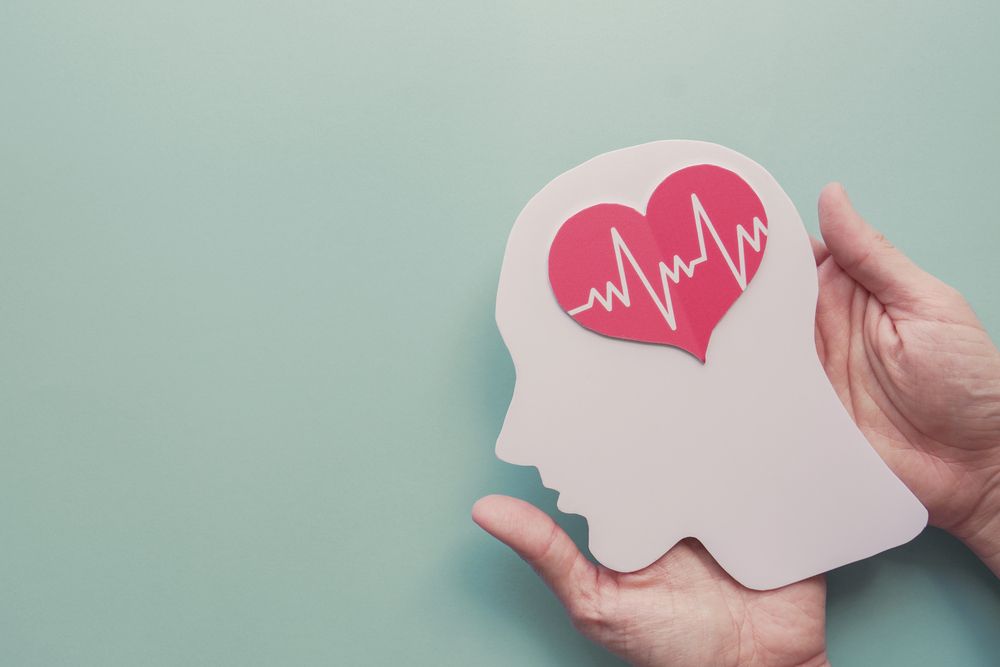
Alzheimer’s kills brain cells. Can we help the brain make new ones? By: Simon Spichak If you scrape your knee or break a bone, new cells repair the damage before you even know it. Other organs in the body are even better at regrowing themselves: The cells lining the gut regenerate every three to four […]
The Quest to Develop an Alzheimer’s Vaccine

By: Simon Spichak In the past decade, scientists have learned a great deal about the immune system, leading to the development of immunotherapies for diseases from cancer to Alzheimer’s. In Alzheimer’s, immunotherapy drugs called monoclonal antibodies can now bind to Alzheimer’s-associated protein plaques that build up in the brain, flagging them for clearance by the […]
How Gut Bacteria Affect Aging and Cognition
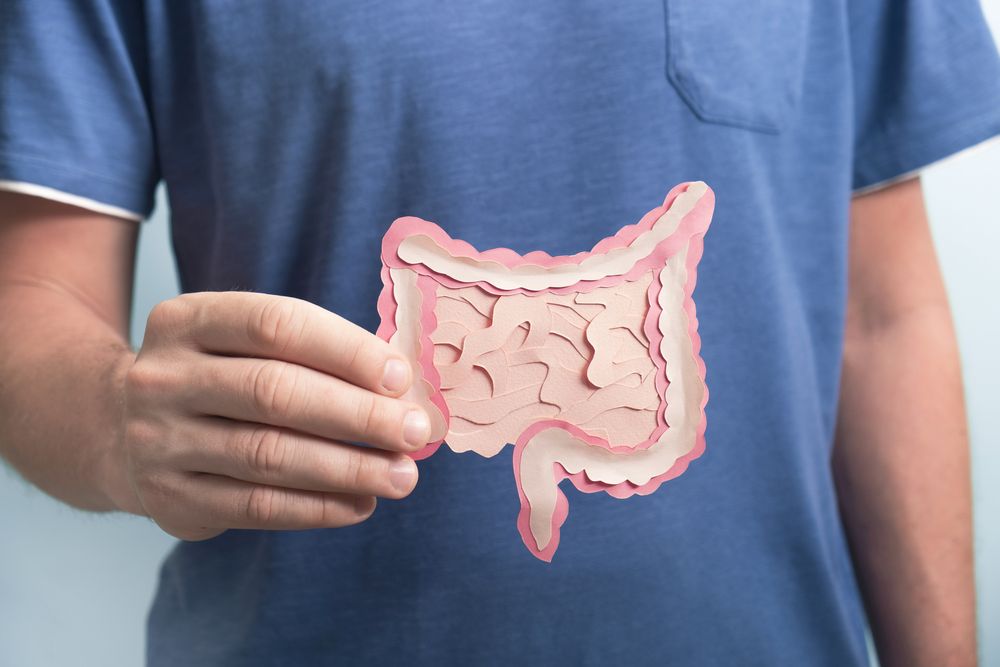
By Simon Spichak, Reporter at Being Patient The human body is host to trillions of microscopic organisms — collectively called the microbiome — that shape our health across the lifespan. This exciting field of research provides a new approach to understanding and treating cognitive decline and dementia. Unlike the genetic code stored within each of […]












